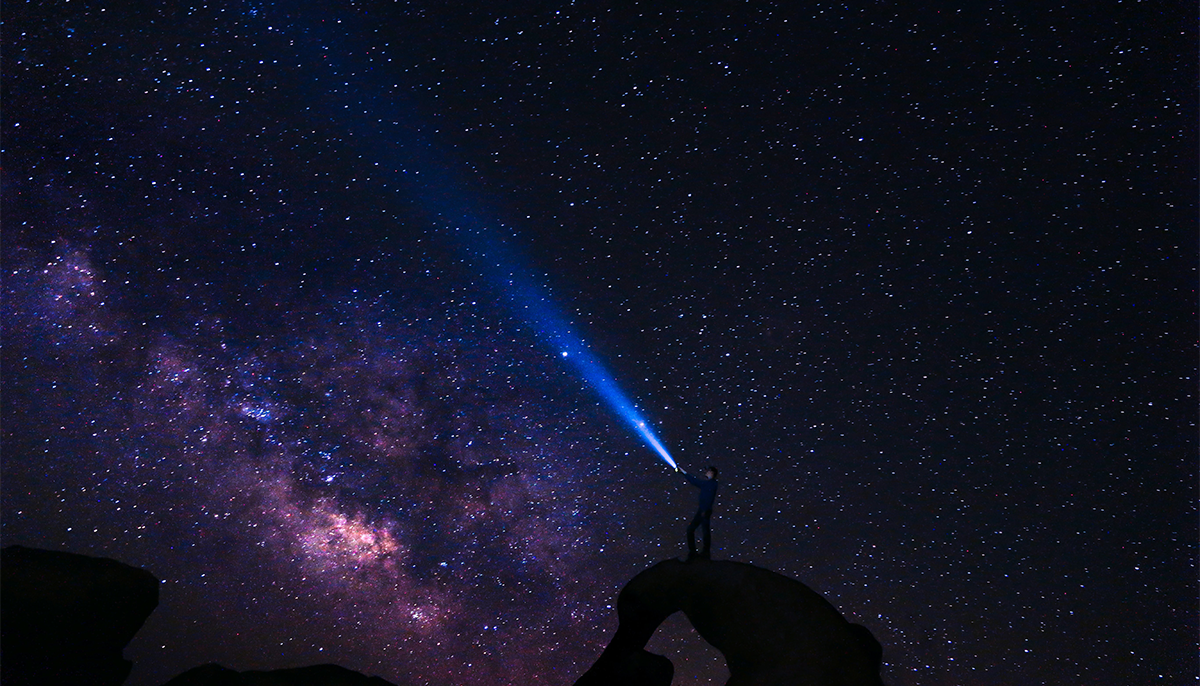The truth of the present moment can be painful. When we examine what’s here right now, as Buddhism asks us to do, it’s easy to find a mountain of problems. When we do find that needle of good in what feels like a haystack of horror, something swiftly comes along and takes it away. We wake up with a hopeful intention for the day ahead, grateful that the sun is shining, but when we turn on the morning news, things quickly change. Our heart aches, our stomach tightens, and our thoughts race as stories of suffering flash across the screen. Having seen the reality of the world, we are suddenly hopeless.
And yes, there are many Buddhist teachings that tell us not to hope. The lojong teachings instruct us to “abandon all hope of fruition.” When we hope, we are inevitably disappointed. But, if we become apathetic and simply give up, how can we expect anything to change?
Step-by-step, and with a little wise hope, we can make change. There’s no need to know or control how it will all turn out. We can simply set the intention that it be for the benefit of all.
As Roshi Joan Halifax writes, we don’t have to give up in the face of suffering. Abandoning hope does not mean being hopeless. We don’t have to be apathetic, paralyzed by fear. We can instead walk through the world with “wise hope.”
“Wise hope,” writes Halifax, “is not seeing things unrealistically but rather seeing things as they are, including the truth of suffering — both its existence and our capacity to transform it.”
The following three teachings look at hope and hopelessness. They each show us that we can give up our attachment to specific outcomes and simply make our best effort in each moment to do what feels right. We can be loving, good, and kind for the sake of being loving, good, and kind. We can practice for the sake of practice — not because we think it’s going to get us to a certain place. Step-by-step, and with a little wise hope, we can make change. There’s no need to know or control how it will all turn out. We can simply set the intention that it be for the benefit of all.
Yes, We Can Have Hope
Roshi Joan Halifax reflects on the idea of “wise hope” and why we should open ourselves to it.
As Buddhists, we share a common aspiration to awaken from suffering; for many of us, this aspiration is not a “small self” improvement program. The bodhisattva vows at the heart of the Mahayana tradition are, if nothing else, a powerful expression of radical and wise hope—an unconditional hope that is free of desire.
Finding Hope in Hopelessness
If I have no belief that my vision can become real, asks Margaret Wheatley, where will I find the strength to persevere?
Thomas Merton, the late Catholic mystic, clarified further the journey into hopelessness. In a letter to a friend, he advised: “Do not depend on the hope of results. You may have to face the fact that your work will be apparently worthless and even achieve no result at all, if not perhaps results opposite to what you expect. As you get used to this idea, you start more and more to concentrate not on the results, but on the value, the rightness, the truth of the work itself. You gradually struggle less and less for an idea and more and more for specific people. In the end, it is the reality of personal relationship that saves everything.”
I know this to be true.
Just to Be Alive Is Enough
There is no greater gift than to be grateful for our lives, says the late Zen teacher Blanche Hartman, and gratitude leads naturally to generosity, because we want to share this gift with others.
All the teachers I know have emphasized that we practice for the sake of practice—just to express and actualize our intrinsic buddhanature for the benefit of all beings. There is nothing we need to get that is not already right here, right now, in this very body and mind as it is.
The Heart Sutra says there is “no attainment because there is nothing to attain.” Sawaki Kodo Roshi said, “Zazen is good for nothing. And until you get it through your thick skull that it’s good for nothing, it’s really good for nothing!” In my first zazen instruction, Katagiri Dainin Roshi said, “We sit to settle the self on the self and let the flower of our life force bloom,” again suggesting that everything we need is right here.

